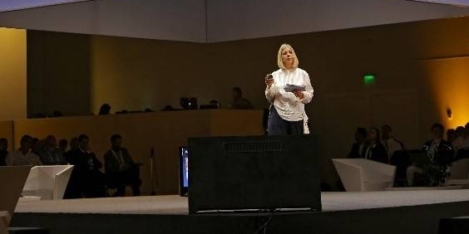June 21, 2018
The hype surrounding wellbeing concepts can blind us to their true value
 Digital detox. Does the phrase make you roll your eyes or grab your attention? Lately, you’d be forgiven for thinking that the idea of switching off from technology, particularly your smart phone (if people still call them that as they are so ubiquitous) has become a media fad. A litmus test for this might be how much air time BBC R2 give the subject. Over the past few weeks it has figured a lot, particularly Chris Evans referencing it in a Japanese themed week and a Friday morning interview with the neuroscientist Dr Jack Lewis who shared his tops tips for a digital detox. No doubt the Daily mail is jumping on the bandwagon as well.
Digital detox. Does the phrase make you roll your eyes or grab your attention? Lately, you’d be forgiven for thinking that the idea of switching off from technology, particularly your smart phone (if people still call them that as they are so ubiquitous) has become a media fad. A litmus test for this might be how much air time BBC R2 give the subject. Over the past few weeks it has figured a lot, particularly Chris Evans referencing it in a Japanese themed week and a Friday morning interview with the neuroscientist Dr Jack Lewis who shared his tops tips for a digital detox. No doubt the Daily mail is jumping on the bandwagon as well.



































June 22, 2018
Organisations are easily distracted from the task of creating a great workplace strategy
by Chris Hood • Comment, Facilities management, Property, Workplace design
(more…)